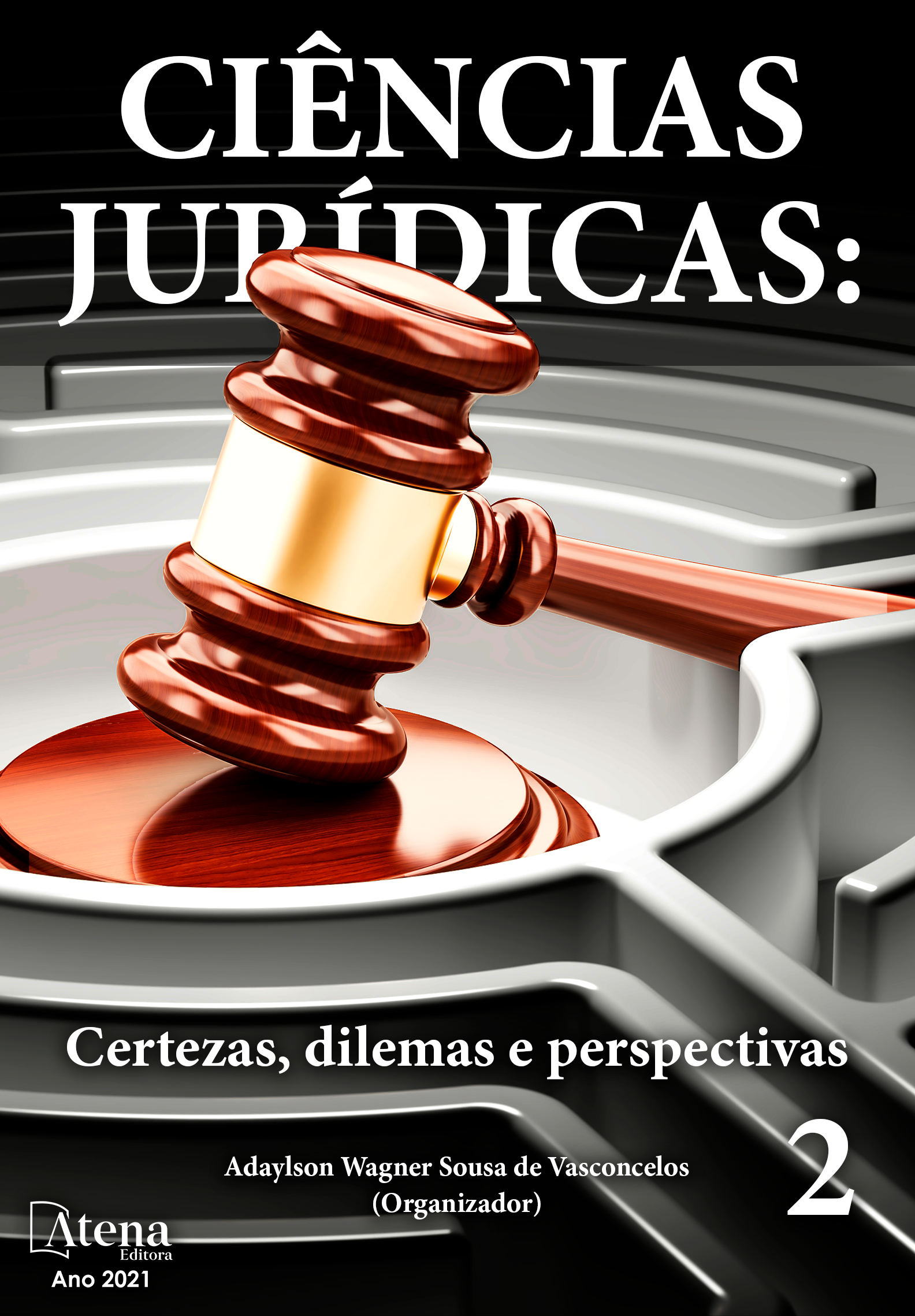
A PROSTITUIÇÃO FEMININA E O DIREITO: “SE ACASO ME QUISERES, SOU DESSAS MULHERES QUE SÓ DIZEM SIM?”
O presente trabalho teve como tema a breve análise da prostituição, especificamente a prostituição feminina, suas intersecções e o direito. O objetivo foi dissertar sobre a prostituição tratar-se de um grupo social marginalizado socialmente, vítima de valores morais que se encontram presentes na sociedade. Reconhecida pelo Ministério do Trabalho e Emprego, a prostituição está no rol das ocupações brasileiras desde 2002, mas ainda são prejudicados com a não regulamentação da prostituição. O trabalho é baseado em dois projetos de extensão, financiados junto a Pró Reitoria de Extensão (PROEC), da Universidade Estadual do Mato Grosso do Sul: “Cidadania nas sombras: Prostituição e o Direito” e posteriormente, “A Prostituição Feminina e o Direito- Se acaso me quiseres, sou dessas mulheres que só dizem sim?”. Dentro do universo da prostituição, tem-se um grupo que é mais desvalorizado ainda, as prostitutas mulheres, por conta da sociedade machista, patriarcal em que se vive. E, com base no Feminismo Interseccional dentro do universo da prostituição e das mulheres ainda tem-se intersecções que as diferenciam, como gênero, identidade de gênero, classe, raça, orientação sexual, idade, corporeidade. A metodologia utilizada foi a dedutiva, bibliográfica e empírica, com base nas referências bibliográficas e pesquisa de campo. A sexualidade feminina sempre foi desconhecida, controlada e ameaçada. As mulheres são o segundo sexo em nossa sociedade e que a prostituição sempre existiu, em todo mundo, sempre foi clandestina e as tentativas de extermínio sempre excluíam e prejudicavam ainda mais os profissionais do sexo. Com embasamento jurídico, a falta da efetividade de direitos fundamentais e de regulamentação das garotas de programa. Assim, que o feminismo, a busca pela igualdade de direitos, o feminismo interseccional e o putafeminismo sirvam de base para todas as propostas práticas de melhores condições de vida das prostitutas, como a regulamentação, uma educação empoderadora, a luta pelo lugar de fala, pela libertação sexual da mulher, por uma sociedade mais justa, igualitária, sem preconceitos.
A PROSTITUIÇÃO FEMININA E O DIREITO: “SE ACASO ME QUISERES, SOU DESSAS MULHERES QUE SÓ DIZEM SIM?”
-
DOI: 10.22533/at.ed.7342122114
-
Palavras-chave: Prostituição. Criminologia Crítica Feminista. Gênero. Sexualidade
-
Keywords: : Prostitution. Critical feminist criminology. Gender. Sexuality
-
Abstract:
The present work had as its theme the brief analysis of prostitution, specifically female prostitution, its intersections and the law. The objective was to talk about a prostitution being a socially marginalized social group, victim of moral values that are present in society. Recognized by the Ministry of Labor and Employment, a prostitution has been on the list of Brazilian occupations since 2002, but they are still harmed by the non-government of prostitution. The work is based on two extension projects, financed by the Pro-Rectory of Extension (PROEC) , from the State University of Mato Grosso do Sul: “Citizenship in the shadows: Prostitution and the Law” and later, “The Female Prostitution and the Law – If you want me, am I one of those women who just say yes?”. Within the universe of prostitution, there is a group that is even more undervalued, such as women prostitutes, due to the sexist, patriarchal society in which they live. And, based on Intersectional Feminism within the universe of prostitution and women, there are still intersections that differentiate them, such as gender, gender identity, class, race, sexual orientation, age, corporeality. The methodology used was deductive, bibliographical and empirical, based on bibliographical references and field research. Female sexuality has always been unknown, controlled and threatened. Women are the second sex in our society and that prostitution has always existed, all over the world, it has always been clandestine and, as extermination, it always excluded and harmed sex workers even more. With legal basis, the lack of effectiveness of fundamental rights and religion of call girls. So, that feminism, the search for equal rights, intersectional feminism and putafeminism serve as the basis for all practical proposals for better living conditions for prostitutes, such as religion, an empowering education, the struggle for the place of speech, for the sexual liberation of women, for a fairer, more egalitarian society, without prejudice.
-
Número de páginas: 14
- Isael José Santana
- Roberta Carreira Trazzi


